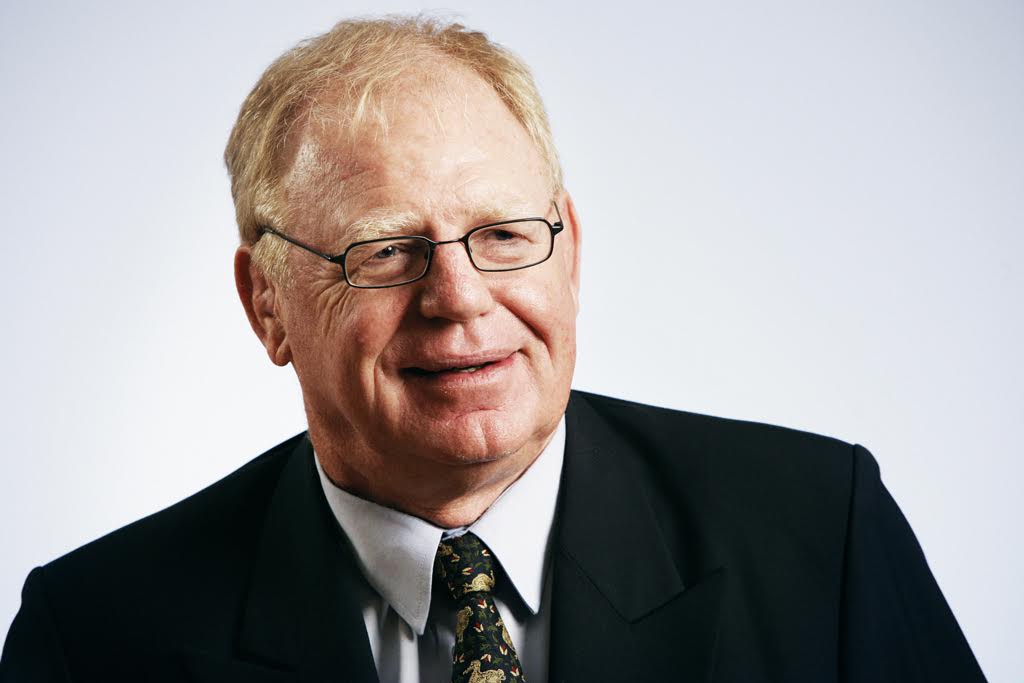
The opportunities in the startup culture in Australia have gone from strength to strength in recent years but there’s one small factor many budding entrepreneurs tend to overlook according to Sydney based author and business leader Chris Golis.
“Successful entrepreneurs need to go through three stages - get a business started, grow it rapidly and then manage the far flung empire,” Mr Golis said.
“The problem is, very few people can do all three.”
“The big question for entrepreneurs is do they want to be Kings or financial winners?”
“As a venture capitalist, the ones you have to back, are the ones who want to make money.”
“Many leaders or successful business people are dominated by the desire for material success.”
“Just like a fox, they are sly, cunning and ambitious for material and financial gain. They take risks for quick gains, love to gamble and see themselves as astute and shrewd.”
“They never do something for nothing and they’re all about what’s in it for them.”
“Understanding emotional intelligence is more important than having a high IQ but it’s also how you choose to look at it in terms of a model of temperament.”
Mr Golis has been invited to speak at an international Emotional Intelligence conference in Spain in July after spending most of his working life examining people’s personalities in order to help him communicate and achieve better results in business.
He believes in a model revolving around seven personality types which are best defined as:
· The Mover - Cheerful, outgoing, warm and enthusiastic. It’s easy to recognise a mover because they are always smiling and are driven by a desire to communicate
· The Double checker - Timid nervous and indecisive. Double-checkers crave security and are always thinking about what could go wrong
· The Artist - This personality type is dominated by the desire to create. Artists are often quiet, shy and withdrawn people
· The Politician - Verbal rather than visual- the politician has fixed opinions and tends to force these on others. They can be so competitive that they often appear boastful and conceited
· The Engineer - Engineers are driven by the desire to complete projects. They are highly achievement oriented and need goals
· The Hustler - Driven solely by a desire for material success, hustlers are generally concerned with self-advantage and are sly, cunning and ambitious
· The Normal - driven by a desire for order, Normals will adapt their behaviours to suit others. The Normal component acts as a stabiliser on the other six personality types
Mr Golis thinks certain occupations fit certain personality types within the model listed above.
“Sales people tend be Movers and Hustlers, while managers tend to be Politicians and there’s a systematic way using various clues to identify who is dominated by which temperament characteristics, even down to the clothes they wear, the way they talk, and the car they drive.”
“Leaders like Bob Hawke and Bill Clinton generally possess the ‘magic three’ as they’re high Movers, high Hustlers and high Politicians but they are rare.”
“When I first started as a venture capitalist we were looking for the ‘magic three’ in entrepreneurs but we discovered these were the wrong type for startups. These people were great at managing the far flung empire.”
“Instead we found the successful startup entrepreneurs had high numerical IQ, high Hustler and high Engineer.”
“Identifying the two dominant temperament components in a person can be done within 60 seconds, using techniques I have developed.”
About Chris Golis
Chris Golis has over 40 years’ experience working in the financial, banking, computer and sales industries with roles including CEO, chairman, investment banker and venture capitalist. He now trains people in all areas of business on how to lift their emotional intelligence using his framework to better understand people’s behaviour including their own.












